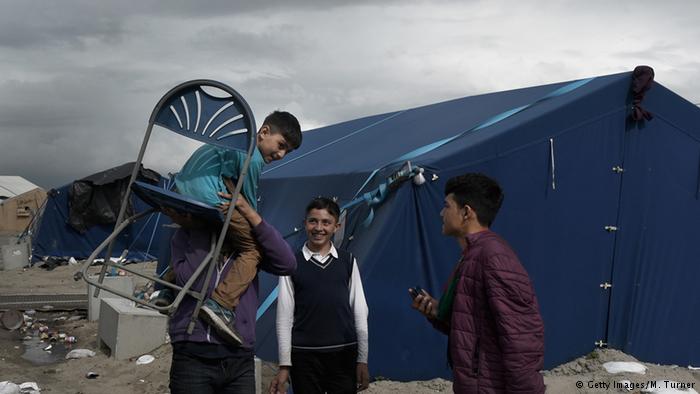Download PDF :


CBC, 29 Nov 2016
Iran and Iraq are resisting pressure from Saudi Arabia to curtail oil production, making it hard for the Organization of the Petroleum Exporting Countries to reach a deal to limit output and boost the price of crude when it meets on Wednesday.
Analysis: OPEC could lose market share in a world awash in oil
OPEC sources told Reuters a meeting of experts in Vienna on Monday failed to bridge differences between OPEC's de facto leader, Saudi Arabia, and the group's second- and third-largest producers over the mechanics of output cuts.
"We will leave the level of production [where] we decided in Algeria," Iranian Oil Minister Bijan Zanganeh told reporters upon arrival in Vienna, effectively signalling he was not prepared to reduce output.
OPEC, which accounts for a third of global oil production, agreed in September to cap output at around 32.5-33.0 million barrels per day (bpd) down from the current 33.64 million bpd, to prop up oil prices, which have halved since mid-2014.
OPEC said it would exempt Iran, Libya and Nigeria from cuts as their output has been crimped by unrest and sanctions.
Regional rivalries
The deal was seen as a victory for Iran. Tehran has long argued it wants to raise production to regain market share lost under Western sanctions, when its political arch-rival Saudi Arabia increased output.
In recent weeks, Riyadh offered to cut its own output by 0.5 million bpd, according to OPEC sources, and suggested Iran limit production at around 3.8 million bpd - in line with or slightly above the country's current output. But Tehran has sent mixed signals including that it wanted to produce 4.2 million bpd.
Iraq has also been pressing for higher output limits, saying it needs more money to fight the militant group Islamic State. Iran and Iraq together produce over eight million bpd, only slightly behind long-time leader Saudi with 10.5 million bpd.
The argument between Iraq and Saudi Arabia mainly focuses on whether Baghdad should use its own output estimates to limit production or rely on lower figures from OPEC's experts.
As tensions within OPEC mounted, Saudi Energy Minister Khalid al-Falih said at the weekend that oil markets would rebalance even without an output-limiting pact. He had previously said Riyadh was keen for a deal.
Falih was not expected to land in Vienna before Tuesday evening, leaving little time for traditional pre-meeting discussions with other ministers.
"The feeling today is mixed," Indonesian Energy Minister Ignasius Jonan told reporters on Tuesday when asked about the prospects of a deal. "I don't know. Let's see."
Outlook for oil prices
The price of West Texas Intermediate crude oil was down more than four per cent at 11:30 ET on Tuesday, to $45.10 US a barrel.
Brent crude was also down more than four per cent, near $46 US a barrel, after the Indonesian and Iranian comments.
Some analysts including Morgan Stanley and Macquarie have said oil prices will correct sharply if OPEC fails to reach a deal, potentially going as low as $35 US per barrel.
Goldman Sachs, one of the most active banks in oil trading, said on Tuesday it saw prices averaging $45 a barrel until mid-2017 even without any OPEC deal and added the market was likely to move into a deficit in the second half of 2017.
A year ago, Goldman was saying a global glut would push oil prices to around $20. Prices fell to multi-year lows of $27 per barrel in January 2016.
Besides disagreements with Iran and Iraq, Saudi Arabia has also signalled it was unhappy with Russia's position.
Oil ministers from OPEC members Algeria and Venezuela travelled to Moscow on Tuesday to try to persuade non-OPEC Russia to take part in cuts instead of merely freezing output, which has reached new highs in the past year.
They made no comment as they emerged from their meeting. Russian Energy Minister Alexander Novak said he had no plan to travel to Vienna but could meet OPEC once it reaches a deal.
 UK FACES LEGAL ACTION FROM CALAIS CHILD MIGRANTS
Europe - EU
30.12.2016
UK FACES LEGAL ACTION FROM CALAIS CHILD MIGRANTS
Europe - EU
30.12.2016




























